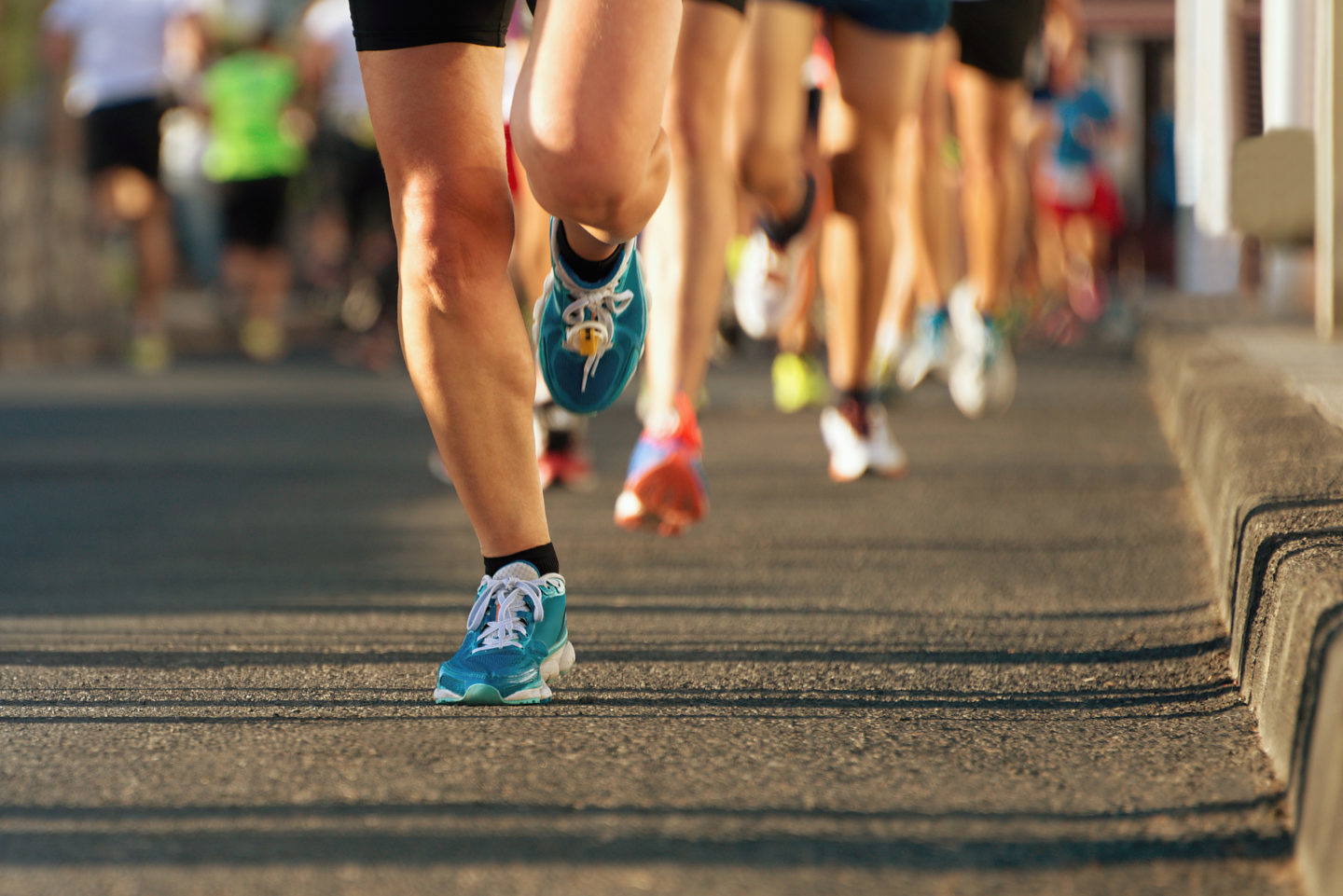The latest research has established that endurance-oriented athletes consume more protein than previously thought.
There has always been a big difference between the amount of protein recommended for runners and endurance athletes. Endurance athletes have never been interested in this question, since you don’t need big muscles to run well for long distances.
However, a new study by Daniel Moore and colleagues at the University of Toronto Ajinomoto Co offers a new perspective on this question.
The experiment was presented at the annual meeting of the American College of Sports and Medicine in Boston and published in the journal PLoS ONE.
The main feature of this study is that a relatively new method, the “amino acid oxidation indicator,” was used to measure the amount of protein consumed by athletes. Its essence is the binding of a labeled carbon isotope to an amino acid, which makes it possible to monitor the body’s use of protein. Previous studies were based on the “nitrogen balance” method, which according to Moore is more complicated and less reliable.
The study involved six long-distance runners whose weekly mileage ranged from 50 to 130 kilometers.
Their diets were strictly rationed over three days; on the first day the athletes ran 10 kilometers, on the second 5 kilometers, and on the third day they had a 20-kilometer time trial, after which they consumed a randomly assigned amount of protein. Each athlete ran such a lap at least seven times, during which they consumed a standard amount of labeled amino acid indicator.
By analyzing how the body utilized most of the labeled amino acid at different workloads, the researchers were able to determine whether the given amount of protein was sufficient to meet the runner’s needs.
The results showed that athletes needed an average of 1.65 grams of protein per kilogram of body to provide amino acids for protein synthesis and muscle repair. This amount is significantly higher than the standard amount of 0.8 g/kg for normal people and 1.2 – 1.4 g/kg for athletes training for endurance.

Why do runners need more protein?
One likely answer is that they burn it while running: the studies mentioned above have found that about 5% of their energy during exercise comes from protein. This figure can increase to 10% when muscle glycogen levels are low (such as at the end of a 20-kilometer run). This explains the difference of 0.2 g/kg of additional protein in the current study.
Protein is not only needed to repair muscle tissue: other parts of the body, such as the intestines, are also damaged during running. Long-distance running is an energy-intensive sport and requires a higher protein intake.
Is it possible to have a protein deficit? Not likely. A normal diet provides about 1.6 g/kg of protein, and athletes who train hard usually consume even more, as they eat a lot. However, some runners neglect protein and focus solely on carbohydrates and fats.
For better absorption, protein intake should be spread throughout the day. Often, many runners get 10 to 15 grams of protein at breakfast and lunch, and the main amount, approximately 65 grams, is consumed at dinner. This is incorrect, as our body can optimally absorb 20 to 30 grams of protein at a time, so it is best to have several even intakes throughout the day.

